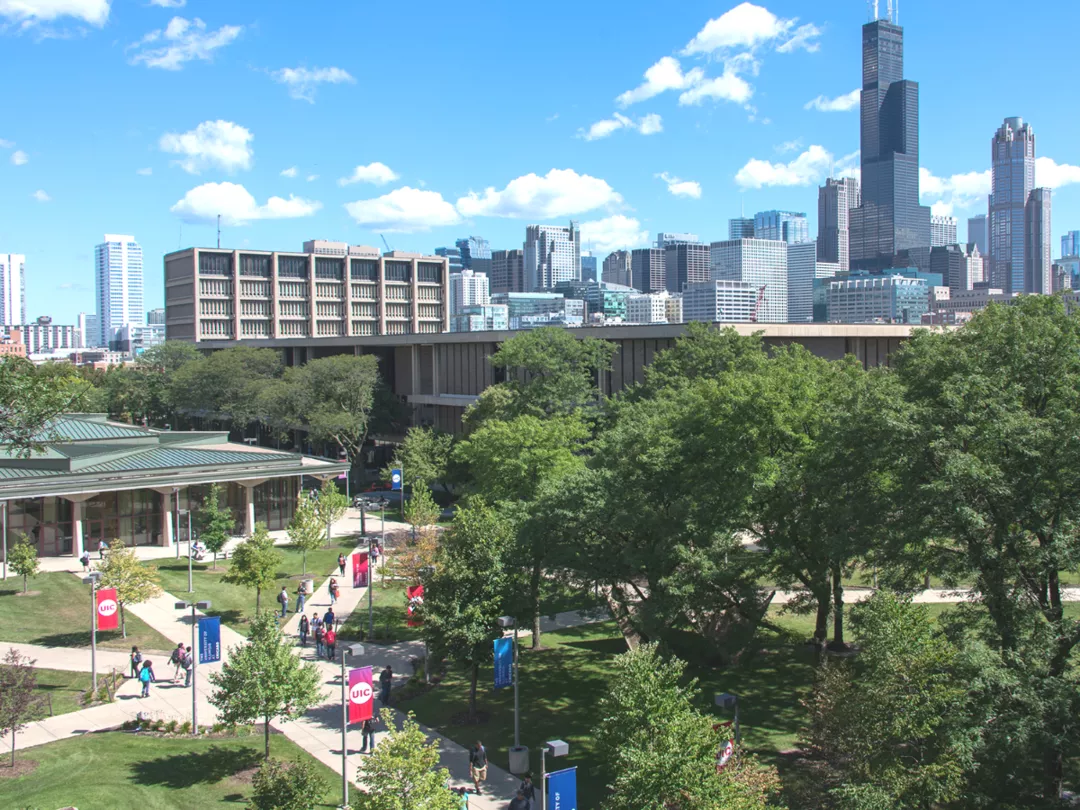-
hello@abroadcube.com
Mail us
-
Call For Help:
98779 83783
-
Whatsapp Us
70090 34921
The Master of City Design (MCD) is an intensive graduate degree focusing on the physical design aspects of spatial relationships and interactions between people and places. Students learn how to plan for the physical design of cities using spatial thinking that combines analyses of places, meaningful engagement with diverse communities and design knowledge across scale. Hands-on field-based studio learning provides immersive exposure to integrated design and contemporary professional practice in complex urban places across Chicago.
The Master of City Design will meet demand from domestic and international students with bachelor degrees in architecture, landscape architecture, urban studies, urban planning and related disciplines. The program will prepare students for entry-level city/urban design employment or enable them to gain acceptance to doctoral programs in urban planning and design.
| Level | Masters |
| Discipline | Arts and Humanities |
| Duration | 12 months |
| Intakes | Aug |
| Application Fees | USD 0 |
| Tuition Fees | USD 33006 |
| Campus | Main |
| Language proficiency (minimum) | |
| IELTS | 6.5 |
|---|---|
| TOEFL | 80 |
| PTE | 54 |
| Duolingo | Not Required / Waiver |
| Exam proficiency (minimum) | |
| SAT | Not Required / Waiver |
|---|---|
| ACT | Not Required / Waiver |
| GRE | Not Required / Waiver |
| GMAT | Not Required / Waiver |
Minimum GPA - 77.0%
QS Quacquarelli Symonds is the world’s leading provider of services, analytics, and insight to the global higher education sector, whose mission is to enable motivated people anywhere in the world to fulfil their potential through educational achievement, international mobility, and career development.
THE (Times Higher Education) has been providing trusted performance data on universities for students and their families, academics, university leaders, governments and industry, since 2004. We create university rankings to assess university performance on the global stage and to provide a resource for readers to understand the different missions and successes of higher education institutions.
The Academic Ranking of World Universities (ARWU) was first published in June 2003 by the Center for World-Class Universities (CWCU), Graduate School of Education (formerly the Institute of Higher Education) of Shanghai Jiao Tong University, China, and updated on an annual basis
The "Webometrics Ranking of World Universities" is an initiative of the Cybermetrics Lab, a research group belonging to the Consejo Superior de Investigaciones Científicas (CSIC), the largest public research body in Spain. CSIC is among the first basic research organizations in Europe. The CSIC consisted in 2006 of 126 centers and institutes distributed throughout Spain.

